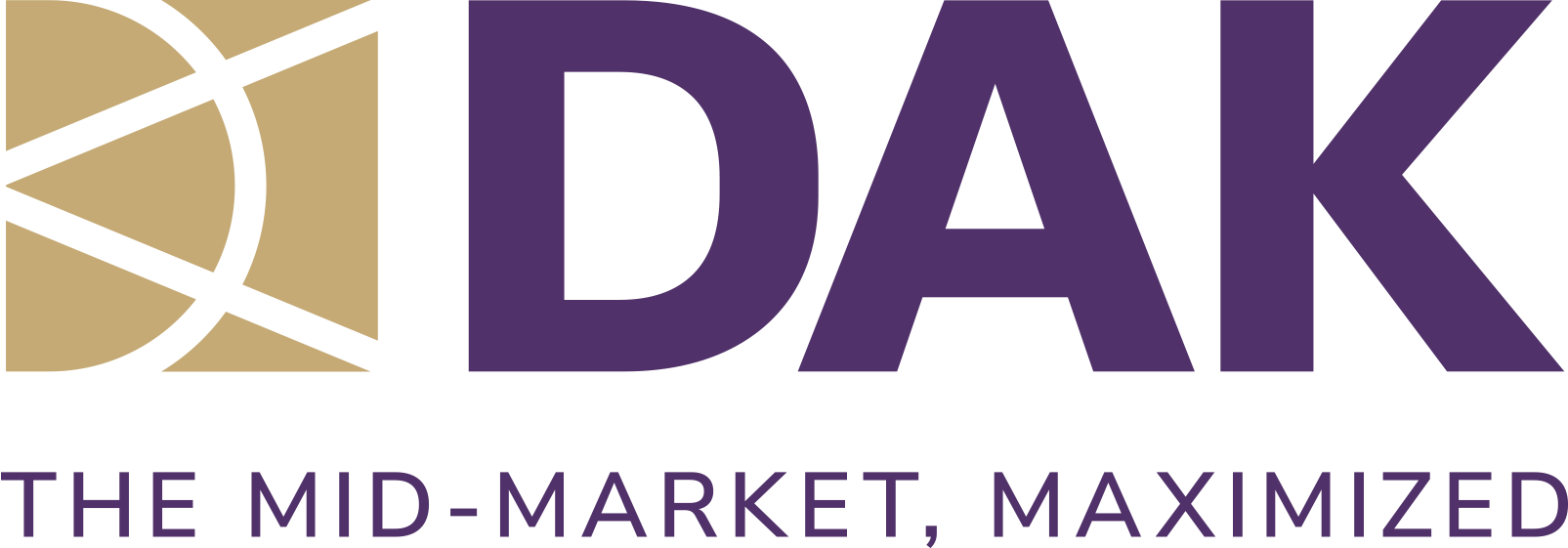The economy has been reeling from a challenging 2022, and the predictions for 2023 are uncertain, many business owners are asking themselves “should I sell my business this year, or wait for a better time?”
The answer will depend on multiple factors, including the motivation for selling and does the owner have a limited timeframe to monetize their business. Deciding if now is the right time will be dependent on certain elements of the business and personal factors that come into play as they make their decision.
Facts and Factors Impacting a Decision – What History Tells Us
After the 2008/2009 recession, valuations dropped significantly, and it took 5 -7 years for valuations to fully recover to pre-recession levels. If that historical pattern repeats, are you as a business owner, willing to wait that long to sell your business?
The good news is that historically, middle market M&A has less pricing and activity gyrations than the market for the mega Wall Street deals. In 2022, the number of mega M&A transactions plummeted, yet the flow of deals in the middle market remained relatively strong. During the current business cycle, valuations for middle market businesses increased, but never reached the peaks of the larger deals and following the pattern of the last recession, are not predicted to dry up like the market for larger deals. The middle market M&A trends have been consistent, and so has the demand for good companies to invest in.
The Impact of Higher Interest Rates and the Challenging Economic Outlook
Higher interest rates and economic worries will result in lower leverage and a likely drop in valuations of ½ – 1 times in lower EBITDA multiples. Fears of recession could have a larger impact on companies that typically perform poorly during a down economy such as housing, construction, and retail. However, offsetting these headwinds is the near record level of “Dry Powder” (cash) in the hands of private equity firms, as well as strategic or corporate buyers, who have large reserves of cash ready to deploy to grow their businesses through acquisitions.
With a continued demand for solid middle market companies, it is very important for business owners to understand where the “true value” in their business lies and what buyers are looking for. Owners will need to create a vision for perspective buyers that goes beyond the numbers. This could include attributes such as a unique product or service offering, a solid customer base, valuable intellectual property or technology, a reliable and diverse supply chain and perhaps most importantly, sustainability of financial performance.
Impact Of Expanded and Extensive Due Diligence
Buyers are spending more than ever to ensure that they are appropriately evaluating all aspect of a business’s performance so as to avoid the mistake of buying the wrong company or significantly overpaying. The costs for this due diligence can easily range from $250,000 to $500,000, or more. Before buyers start spending this money, they want to be reasonably confident that the target company they are considering buying can stand up to this scrutiny.
We often advise owners selling their companies to perform a Sell Side Quality of Earnings Analysis on their own business. This is done by an outside accounting firm which analyzes the quality of a company’s earnings, adding back one-time expenses, deducting one-time gains and other modifications if necessary to provide a more accurate picture of a company’s ongoing financial performance.
This not only helps prepare a company for sale but provides a buyer with the comfort and knowledge that an earnings analysis was already prepared and scrutinized. It also gives the business owner a “heads up” on situations that may require adjusting their operations and gives them time to make the necessary changes.
Impact of COVID-19 and Supply Chain Issues – Sustainability of Earnings
Supply chain and Covid disruptions negatively impacted many businesses. It appears likely that most of these businesses will return to historical performance levels. After they recover, they should be valued based on their historical performance. Until that occurs, valuations will be remain lower or the purchase price will include a “structured” component or “earnout.” The company will have to achieve certain agreed upon performance targets in order to receive a full payout.
On the other hand, some businesses were uniquely positioned to benefit from the disruptions. Over time, they too will return historical financial performance and a corresponding valuation. A third group of companies performed well despite all of the external disruptions. For this latter group of companies, in order to achieve the higher valuations they merit, they must prove that their current strong performance is sustainable in the long turn.
Conclusion
Selling your own company — is often the biggest financial decision of a lifetime – and not a task you want to take on without the assistance of experts who understand the steps and can navigate the process while maximizing the value to you. This team should include investment bankers, attorneys and accountants who can help guide you through the process — and bring optimal value to the most important decisions regarding your company’s future.
For many businesses, a divestiture represents a great opportunity for an owner in 2023. With sound advice, good planning, and a strategic approach, you can make the right decisions for you and your business.
CLICK FOR MORE INFORMATION
CALL 201.712.9555 TO DISCUSS





